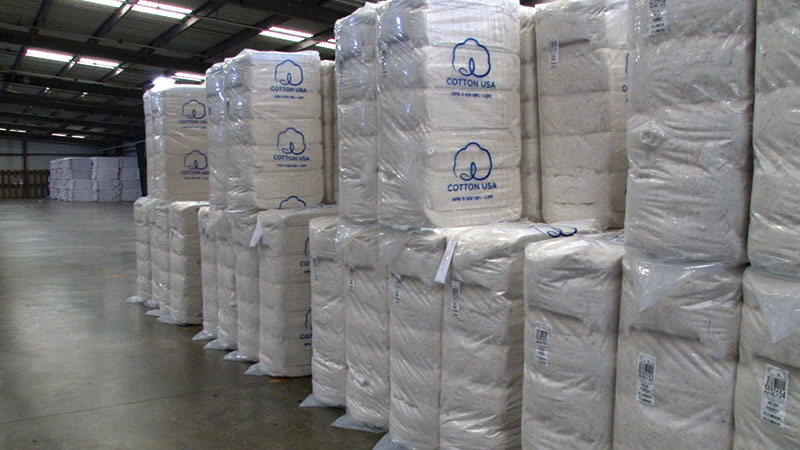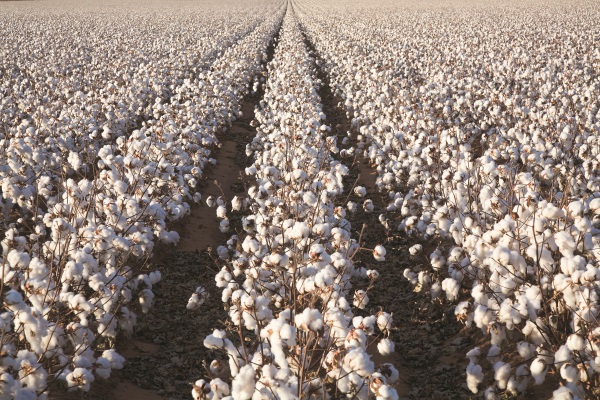Cotton Incorporated Survey: Sustainability Is Optional
Are consumers really willing to pay more for their apparel purchases if the products they buy are made from sustainable materials? Results gathered from Cotton Incorporated’s consumer-directed Lifestyle Monitor survey of 6,000 consumers show the answer is – not really.
“After gathering data on this topic for more than a decade, results show only about a third of consumers actively search for environmentally friendly apparel when they shop,” says Kim Kitchings, vice president of corporate strategy and program metrics for Cotton Incorporated. And only about that same percentage of consumers are willing to pay more for apparel with those proven environmental” attributes. “It’s a niche market,” she adds, “but one on which cotton can capitalize.”
It seems the great majority of consumers are more concerned about their financial situation, high unemployment, and characteristics such as fit, color and style when they choose new clothes.
“After 20 years of deflationary pressures on apparel prices, today’s consumers still resist paying more for clothing that has a positive environmental footprint,” Kitchings says.
Among the other findings from Cotton Incorporated’s annual survey:
- In 2012, 32% of consumers indicate they are willing to pay more for clothing or home textiles that are considered sustainable, down from 35% in 2011.
- Most consumers (90%) consider cotton to be safe for the environment compared to those who say the same for wool (83%) and polyester (41%).
- What are the most important attributes consumers consider before buying clothes? The responses: fit (98%), comfort (96%), Quality (94%) and Price (93%).
- Other factors that seem to be somewhat less important to the average consumer when it comes to clothing purchases: color (87%), style (87%) and softness (79%).
- Less than half (47%) of consumers consider the environmental friendliness of their clothing to be an important purchase driver.
“When using the ‘sustainable’ moniker to market cotton apparel, there’s one thing to remember: Many consumers already consider cotton and cotton textiles to be sustainable and safe for the environment,” Kitchings says.
Considering all these factors, it’s easy to understand why consumers would question why they should pay more for cotton products labeled as sustainable than those not labeled sustainable.
“We dedicate research time and energy to sustainability throughout cotton’s global supply chain because we want to keep reducing cotton’s environmental footprint and preserve water and energy for future generations of consumers, while maintaining a positive reputation of stewardship for cotton and our producers who grow it,” Kitchings says.









